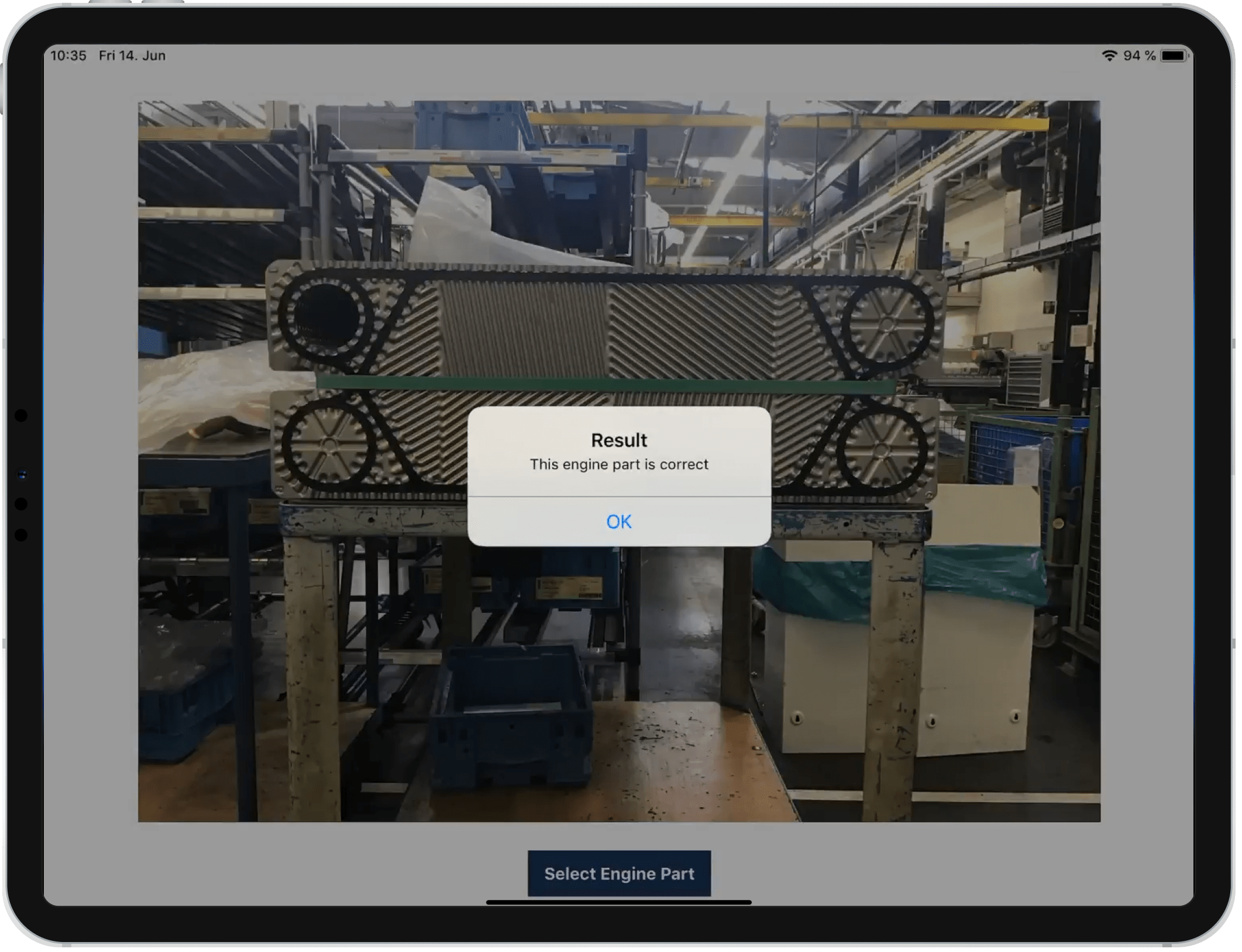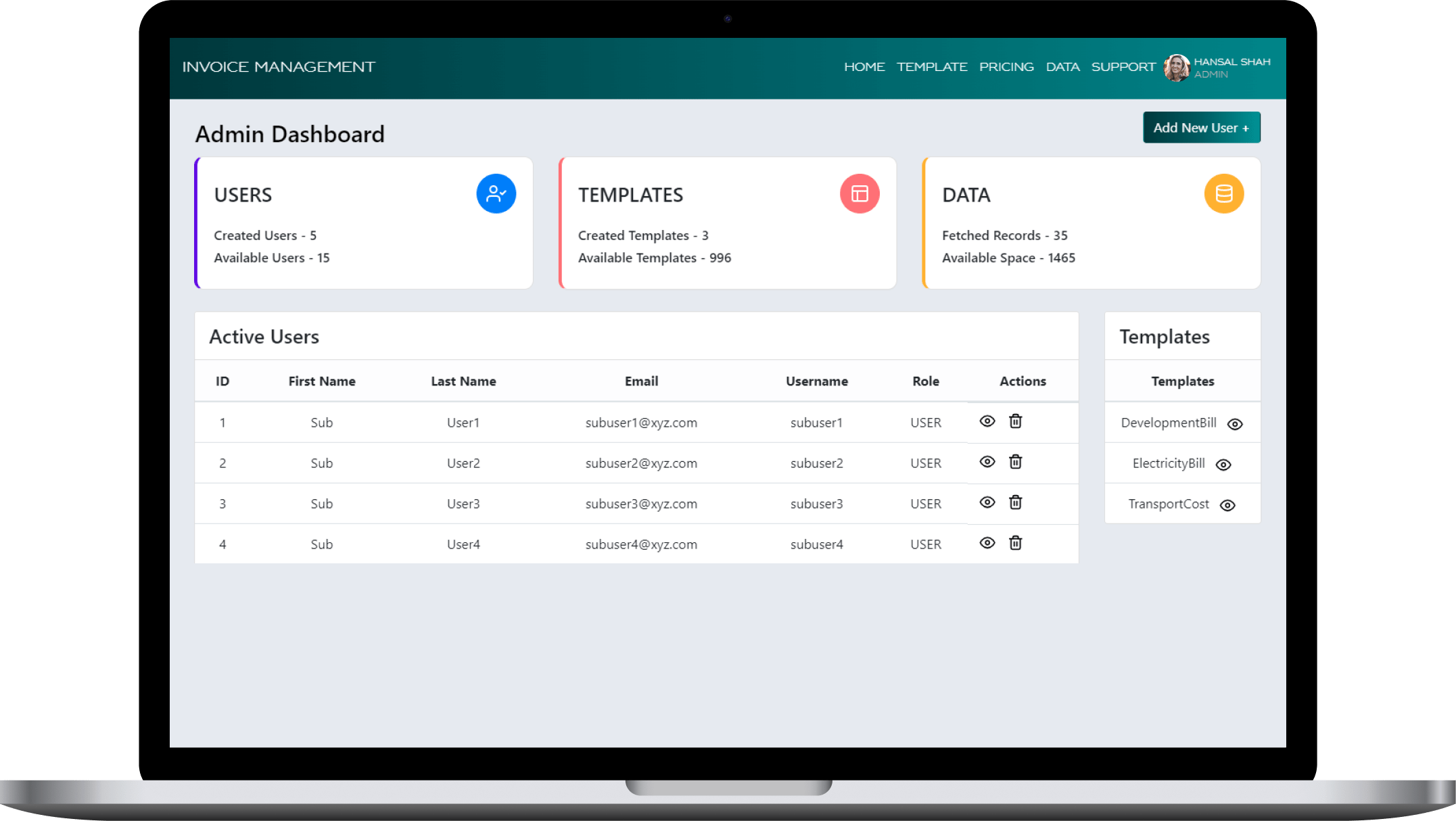Industry 4.0 is a precise concept that was born and originated from Germany and is known as the fourth industrial revolution, which led to the introduction of cyber-physical systems that drive automation in traditional manufacturing and industrial practices. It is an ongoing process that seeks to make industries more productive and efficient, and less wasteful.
The advent of mechanization, water, and steam power marked the first industrial revolution, whereas the second industrial revolution revolved around assembly lines and mass manufacturing. The information technology boom, electronics, and automation ushered in the third industrial revolution. At the same time, the fourth seeks to drive automation further through data exchange in processes and technology in the manufacturing industry.






